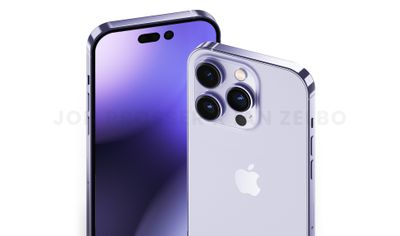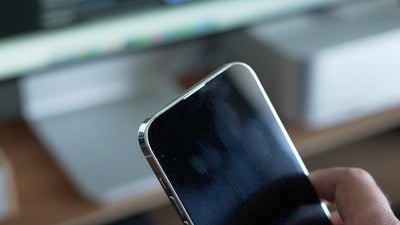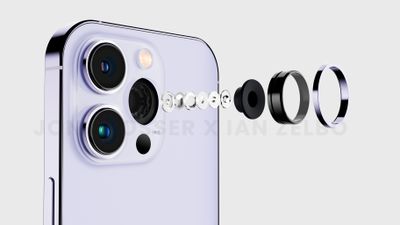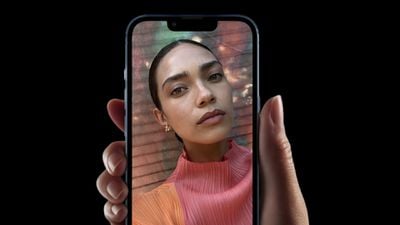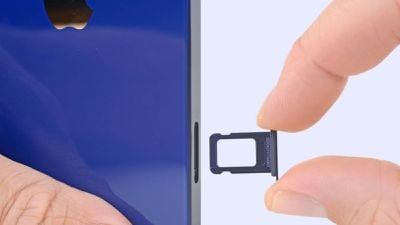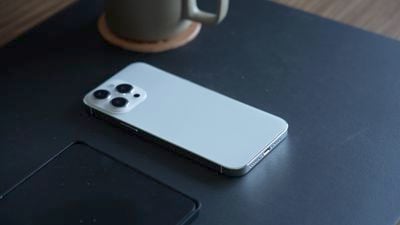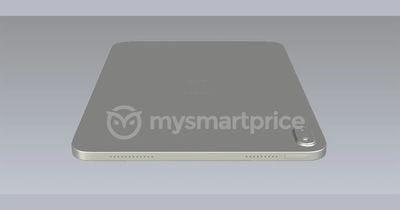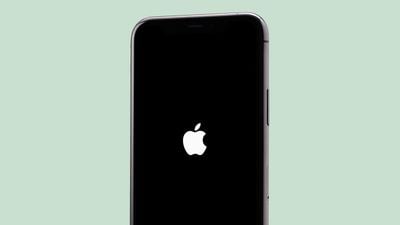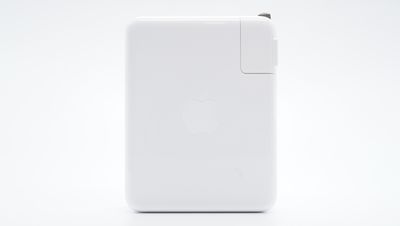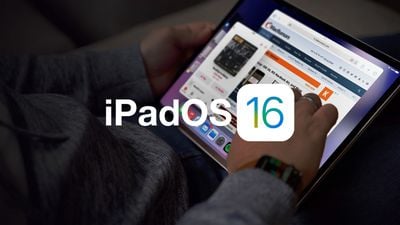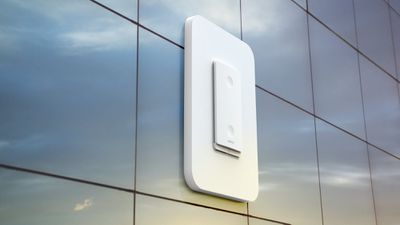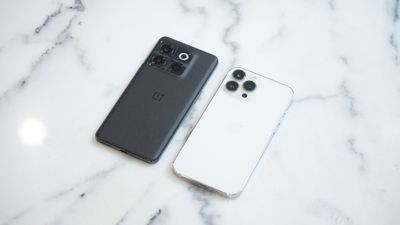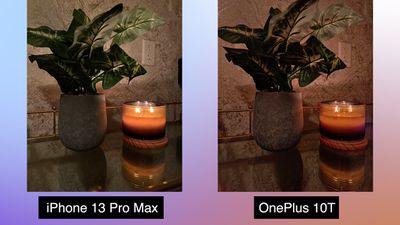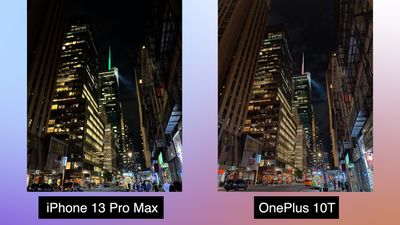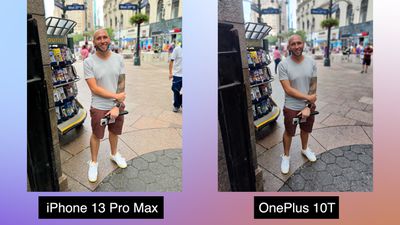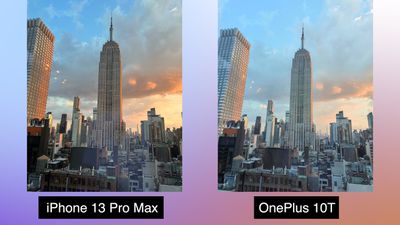While the original HomePod was discontinued over a year ago, rumors suggest that Apple plans to release another larger HomePod model in the future. Meanwhile, the HomePod mini will likely expand its presence by launching in additional countries over time.
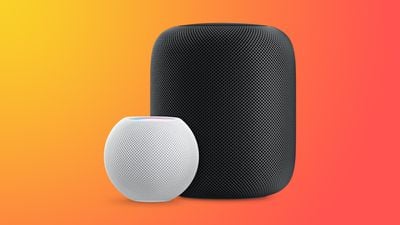
Keep reading for a recap of the latest rumors about the HomePod and HomePod mini and the future of Apple's smart home ambitions.
New HomePod With S8 Chip
Apple is developing a new HomePod with the same S8 chip rumored for the Apple Watch Series 8, according to Bloomberg's Mark Gurman.
In June, Gurman said the new HomePod would be "closer to the original HomePod" than the HomePod mini in terms of size and audio performance, and would have an "updated display on top" with potential multi-touch functionality. No other details are known about this rumored HomePod, which Gurman said is "unlikely to arrive until next year."
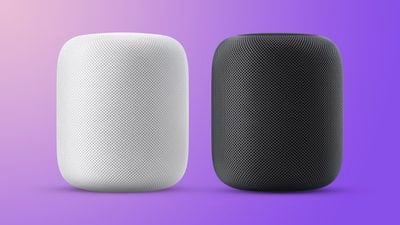
In May, analyst Ming-Chi Kuo said Apple would release a new HomePod in the fourth quarter of 2022 or the first quarter of 2023, adding that there "may not be much innovation in hardware design." Kuo did not share any further details, so it's unclear if he was referring to a new version of the HomePod or the HomePod mini.
The original HomePod is just under seven inches tall and is equipped with the same A8 chip as found in the iPhone 6, seven beamforming tweeters, and six microphones. When it launched in February 2018, the full-size HomePod was priced at $349 in the United States, but Apple lowered the speaker's price to $299 in April 2019.
While early reviews of the HomePod praised the speaker's audio quality, it was expensive and held back by Siri's shortcomings. HomePod sales were reportedly lackluster over the years it was available, but the speaker has fetched high prices on eBay since being discontinued and has become something of a collector's item. With the right price, size, and feature set, there is potential for a new HomePod to be more of a success.
HomePod Combined With Apple TV
Earlier this year, Gurman said he believes that Apple is also planning a new device that combines a HomePod, Apple TV, and a camera. He said this combination device would "probably be at the center of Apple's approach" in the home.
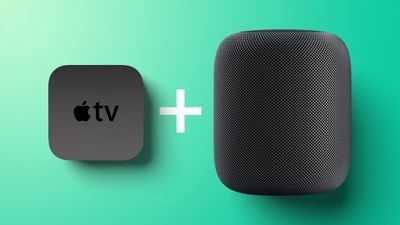
Gurman has claimed that Apple has "been developing new speakers with screens and cameras" since early 2021, which would enable the device to be used for FaceTime calls and other new functionality. Such a device could compete with the likes of Google's Nest Hub and Amazon's Echo Show in the smart home accessories market.
No further details are known about the combo HomePod/Apple TV device at this time.
HomePod Mini in More Countries
Last month, Apple released software version 15.6 for the HomePod and HomePod mini. In addition to performance and stability improvements, the update added support for Siri in Swedish and Norwegian on the HomePod and HomePod mini.
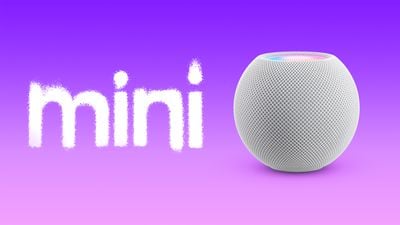
The addition of Swedish and Norwegian support likely means the HomePod mini will be released in Sweden and Norway over the coming months. Apple has also been testing Siri in Danish and Finnish with select HomePod mini users in recent months, so the HomePod mini may launch in Denmark and Finland eventually as well. However, Danish and Finnish are not listed as supported languages yet within the HomePod mini's settings.
Apple released the HomePod mini in Belgium, the Netherlands, and Switzerland in late March, around one month after rolling out support for Dutch on HomePods.
Matter Support
Matter is an upcoming connectivity standard that will enable compatible smart home accessories to work together seamlessly across multiple platforms, including Apple's HomeKit, Amazon's Alexa, and Google's Home. Apple says Matter support is "coming in an update later this year" across its software platforms.
Controlling Matter accessories with the Home app and Siri will require a HomePod, HomePod mini, Apple TV 4K, or Apple TV HD running as a home hub.


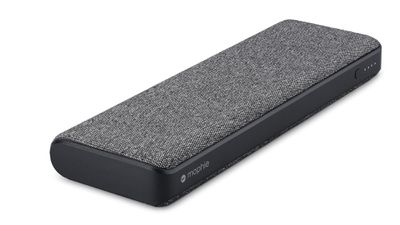
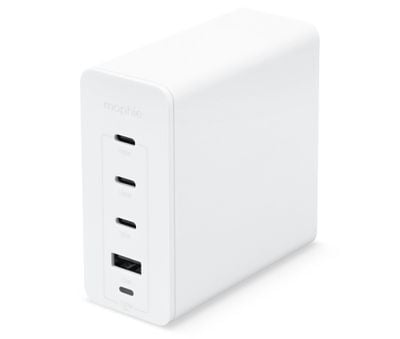
 Note: MacRumors is an affiliate partner with some of these vendors. When you click a link and make a purchase, we may receive a small payment, which helps us keep the site running.
Note: MacRumors is an affiliate partner with some of these vendors. When you click a link and make a purchase, we may receive a small payment, which helps us keep the site running.


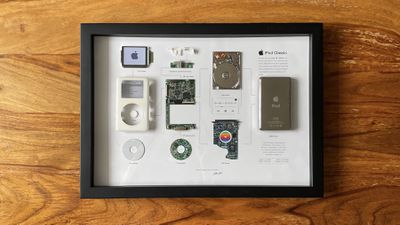
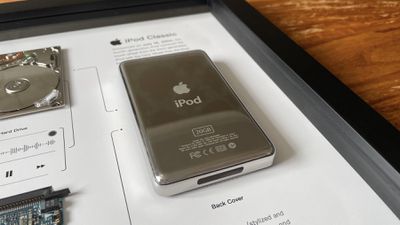
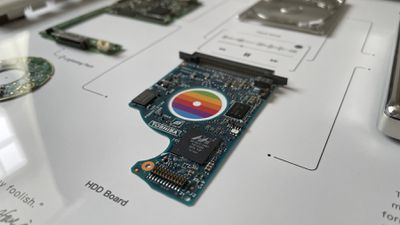
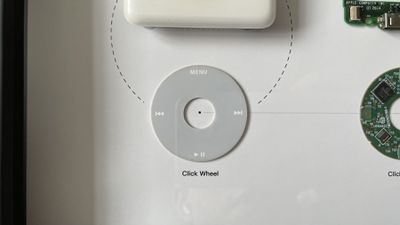
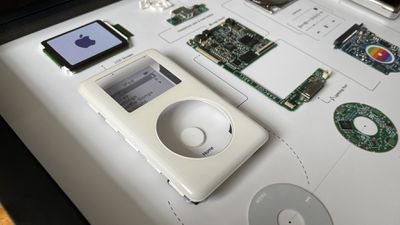
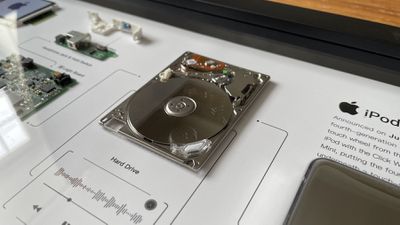

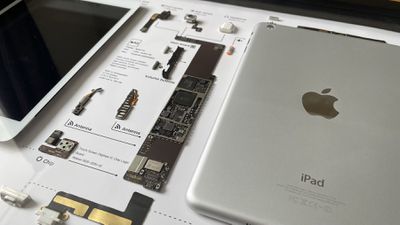
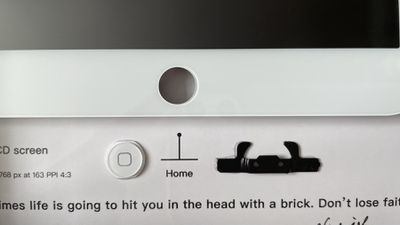
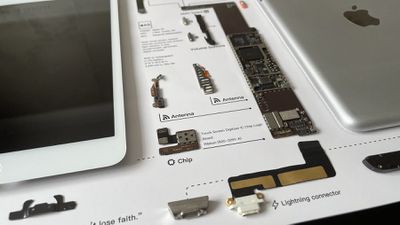
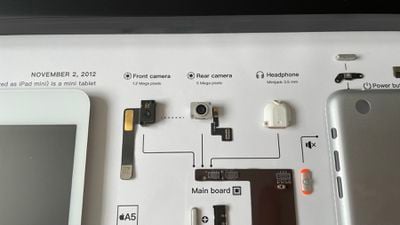
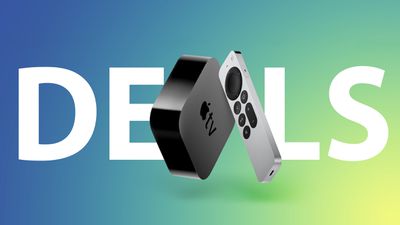 Note: MacRumors is an affiliate partner with some of these vendors. When you click a link and make a purchase, we may receive a small payment, which helps us keep the site running.
Note: MacRumors is an affiliate partner with some of these vendors. When you click a link and make a purchase, we may receive a small payment, which helps us keep the site running.
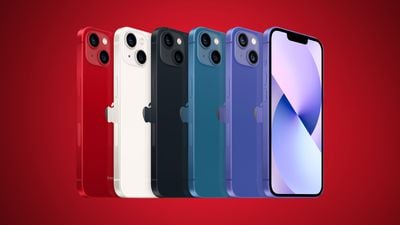
 Note: MacRumors is an affiliate partner with Expercom. When you click a link and make a purchase, we may receive a small payment, which helps us keep the site running.
Note: MacRumors is an affiliate partner with Expercom. When you click a link and make a purchase, we may receive a small payment, which helps us keep the site running.